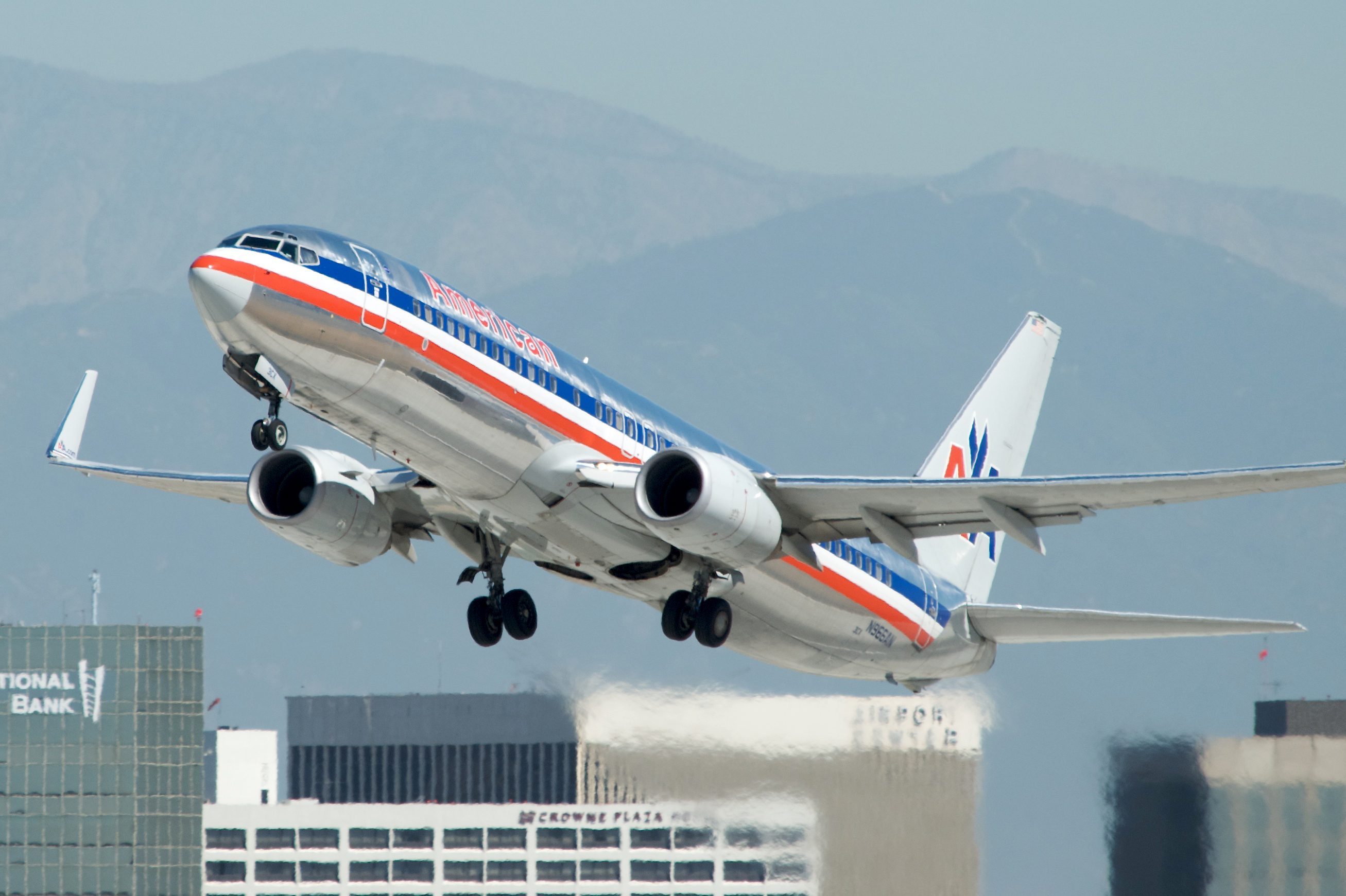How global warming risks making air travel harder
Meteorologist/Science Writer
Friday, November 28, 2014, 9:19 AM - Studies have already shown that global warming may make flying rougher, due to encountering stronger turbulence while in flight, but new research is pointing out that the changes we're likely to see in the future may make it hard for flights to even get off of the ground.
When a jet airliner is being loaded up, for a trip between cities or between continents, there are a number of things that need to be taken into account before the crew can even think about pulling away from the gate. The type of plane, the airport's altitude above sea level and the length of the runway available for takeoff, are all well-known constants that will determine how much weight the aircraft can carry and still be able to take off safely. The one variable - or at least the collection of variables - that comes into play for considerations, thought, is the weather.
Since high temperatures decrease the density of the air, the warmer it gets, the harder it is for a plane's wings to get the lift needed for takeoff. The only solutions are to extend the runway, so that the jet has longer to build up enough speed, or - in the case of an airport that's hemmed in by development - reduce the amount of weight the aircraft is carrying. That means passing on excess baggage to larger planes that can carry the load better, making it more likely that luggage will be lost, or increased costs to the passengers as the airliners are forced to use up more fuel to power themselves into the sky.
|
|
That's the state of things today, but a new study is showing that, with global warming, these restrictions are going to grow even more tight.
As temperatures increase with global warming, this will make these weight restriction days more likely. The restrictions themselves may become more severe, as well, forcing passengers to carry only the bare minimum for luggage, or even for flights to drop passengers as well as luggage from their flight manifest just to ensure that the flight will be able to leave.
In their research, Columbia University climate scientists Ethan Coffel and Dr. Radley Horton looked at four different major airports in the United States - Denver International for its high elevation, Phoenix Sky Harbor International for its high daytime summer temperatures, and New York City's LaGuardia Airport and Washington, D.C.'s Dulles International for their comparatively short runways. Looking at the temperature rises expected for these four locations, based on the worst-case scenario climate projections - where global temperatures rise by 4-5 degrees by the year 2100 - they determined the number of days when these airports would have to apply 1,000 lb, 10,000 lb and 15,000 lb weight restrictions, based on the air temperature.
![]() DON'T MISS!: NASA & NOAA agree: October 2014 now the hottest month of October on record
DON'T MISS!: NASA & NOAA agree: October 2014 now the hottest month of October on record
Overall, according to their results, the number of weight restriction days for a Boeing 737-800 aircraft increased by between 50 to 200 per cent over what they are today. In Phoenix, where weight restriction days are fairly rare now, the number of 10k lb restriction days increased to about 20 a year by 2070, while it's possible that it would still be rare for them to experience a 15k lb restriction day. Meanwhile, the numbers of both 10k lb and 15k lbrestriction days increased substantially for Denver, LaGuardia and Dulles airports by 2070 - with Denver seeing the most 10k lb restriction days (around 115, up from about 75 in 2010), and Dulles likely to have the most 15k lb restriction days (about 75, up from around 30 in 2010).
According to the study, dropping 10,000 lbs from a flight due to weight restrictions equates to about 52 passengers, while 15,000 lbs is 79 passengers. While it's more likely that cargo and baggage will be left behind before passengers, this all equates to higher costs for anyone who does fly.
CLICK BELOW TO WATCH: Five Things We're Losing Due to Climate Change




